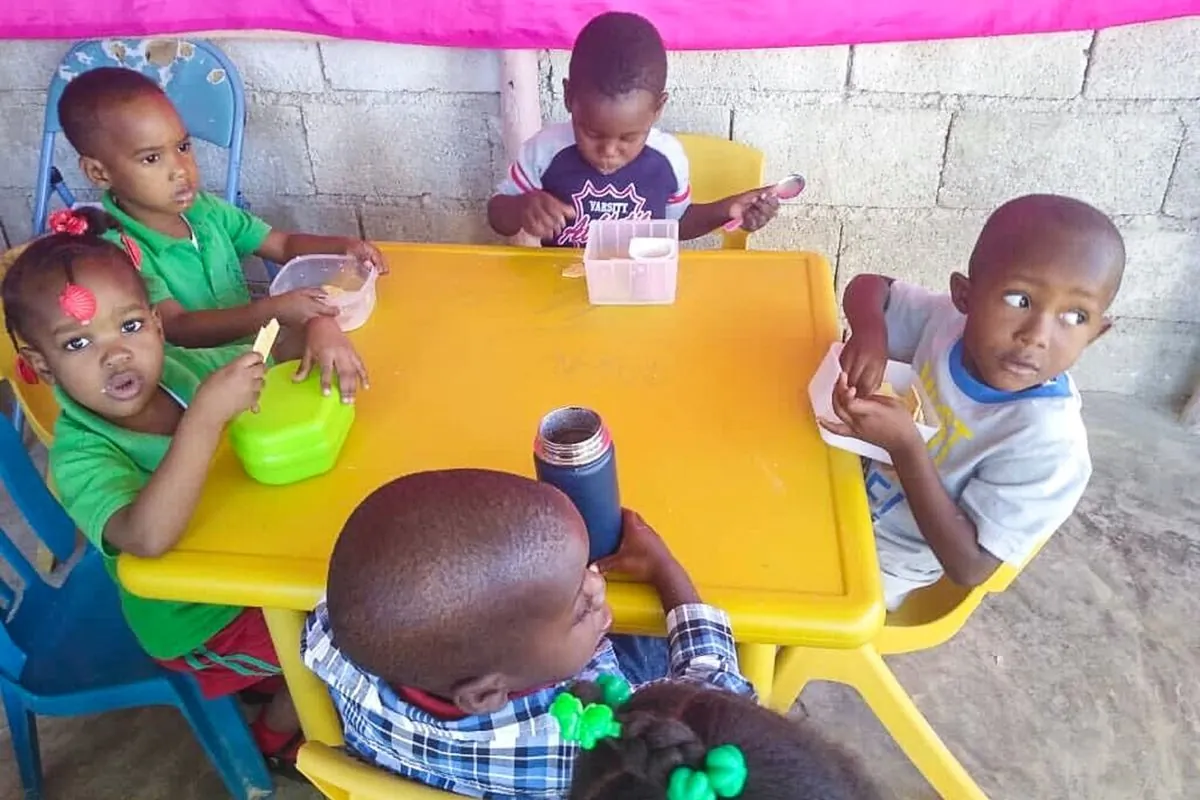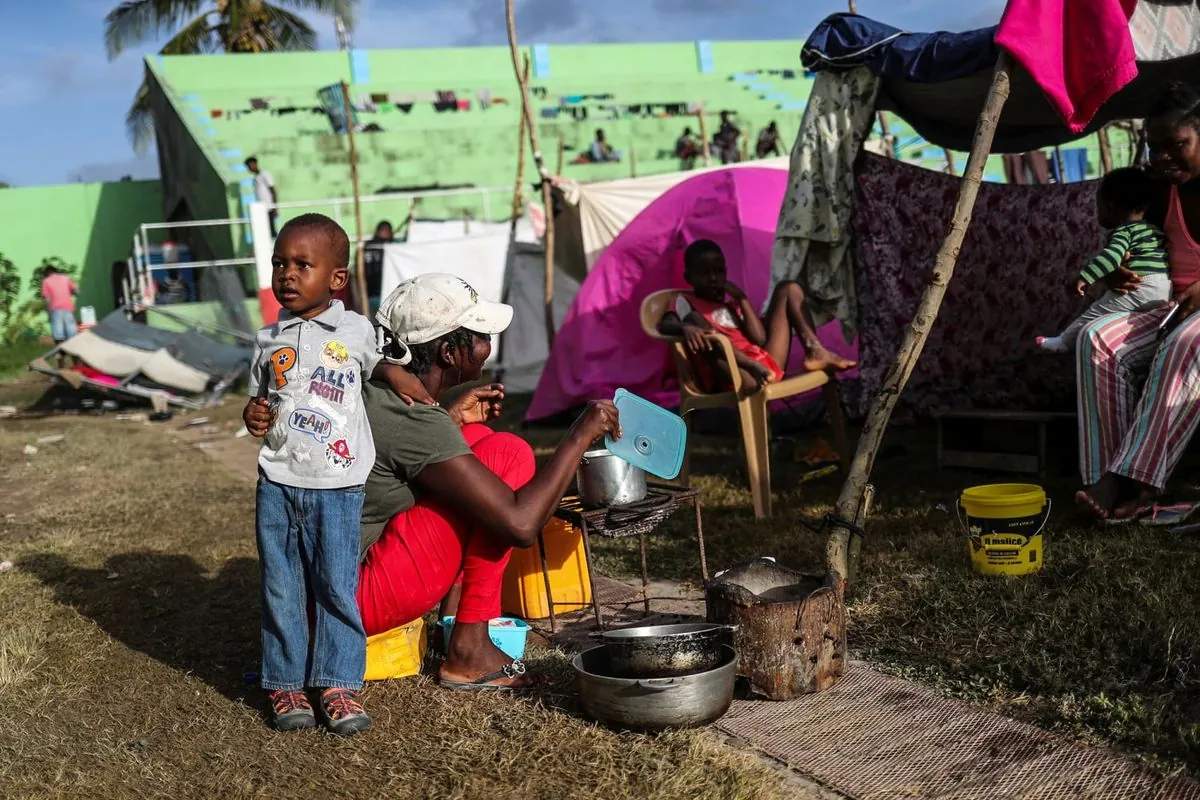Adoptive Families Seek Urgent U.S. Aid for Haitian Children Amid Gang Crisis
Amid escalating gang violence in Haiti, 55 U.S. families are urgently seeking humanitarian parole for 70 children they're adopting. The crisis highlights the challenges of international adoption in unstable regions.

In a country grappling with widespread gang violence, Michelle Reed and 54 other American families are desperately seeking humanitarian parole for approximately 70 Haitian children they're in the process of adopting. This urgent plea comes as Haiti, the first black-led republic to gain independence in 1804, faces unprecedented challenges.
The situation in Haiti has deteriorated significantly, with gangs now controlling 80% of Port-au-Prince, the capital founded in 1749. This crisis has forced multiple evacuations of orphanages, leaving children like 6-year-old Esai Reed in precarious situations. Esai, who has endured three emergency relocations, is currently under the care of a U.S. organization in northern Haiti.
The U.S. government's response has been limited. While it evacuated 39 children with final adoption decrees between March and May 2024, many others remain in limbo. The State Department cites disagreements among Haitian authorities as a primary obstacle to expediting adoptions.

Families argue that completing adoptions in Haiti poses significant risks. Port-au-Prince, largely under siege by gangs, is where children must travel to obtain necessary documents. This requirement exposes them to potential danger in a city where violence has displaced approximately 700,000 people, half of them children.
"The Department is working to expedite final processing steps for additional children, although some offices could be intermittently closed or operating at limited capacity due to localized violence."
The crisis extends beyond adoption issues. Haiti, sharing the island of Hispaniola with the Dominican Republic, faces multiple challenges. As the poorest country in the Western Hemisphere, it struggles with a literacy rate of about 61% and severe deforestation. The economy heavily relies on remittances from Haitians working abroad, highlighting the country's ongoing brain drain.
Recent UN reports paint a grim picture. From April to June 2024, at least 1,379 people were reported killed or injured, with another 428 kidnapped. In response, Kenyan police, part of a UN-backed mission, have recently begun joint operations with Haitian forces to combat gang violence.
Amidst this turmoil, Haiti's rich cultural heritage, including Vodou practices and unique art forms like "Haitian Vodou flags," stands in stark contrast to its current struggles. The country, a UN member since 1945, now faces one of its most challenging periods since gaining independence.
As families like the Reeds and others continue their fight to bring their adoptive children to safety, the situation underscores the complex interplay of international adoption, humanitarian crises, and diplomatic challenges in an increasingly unstable world.


































